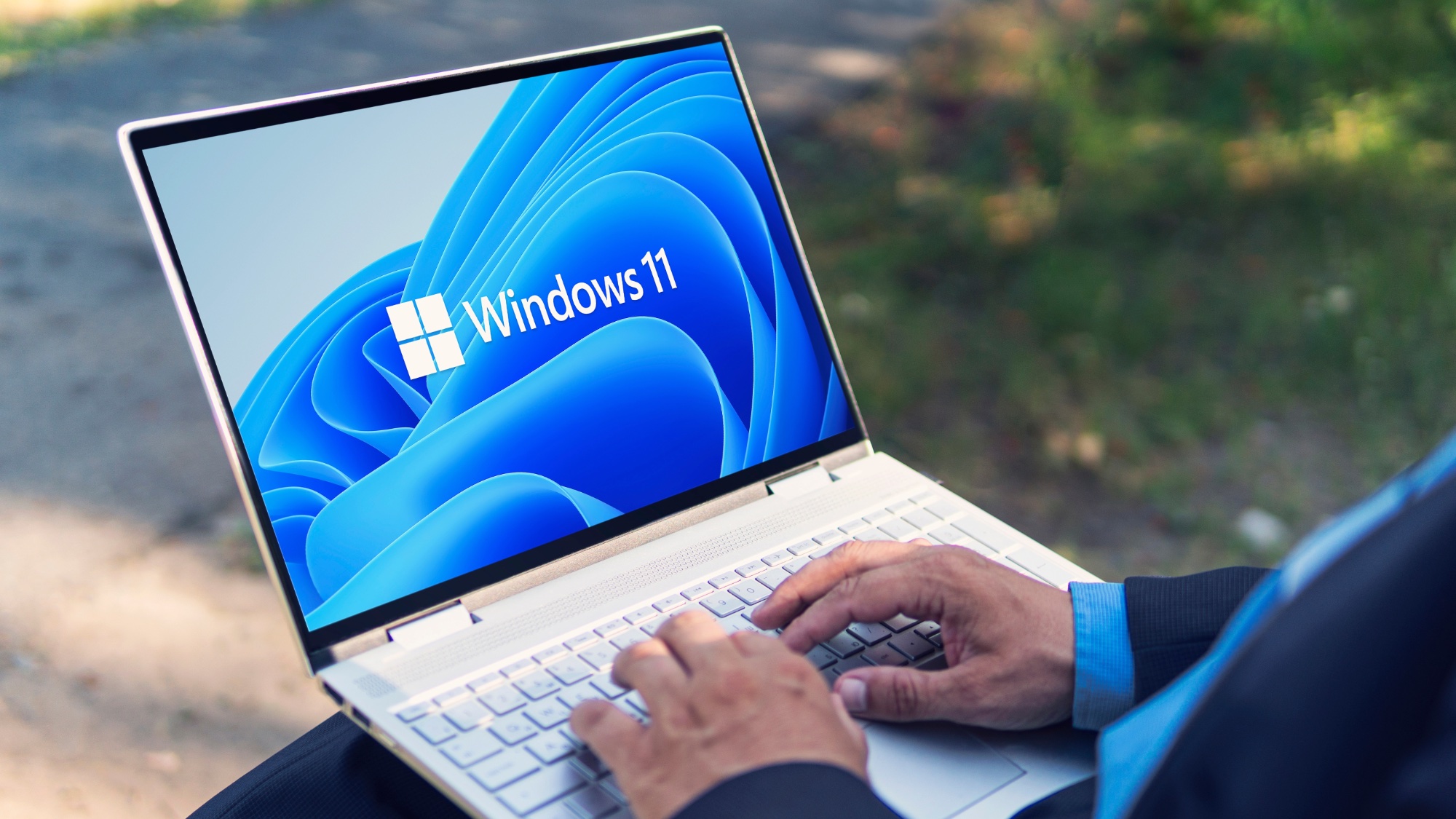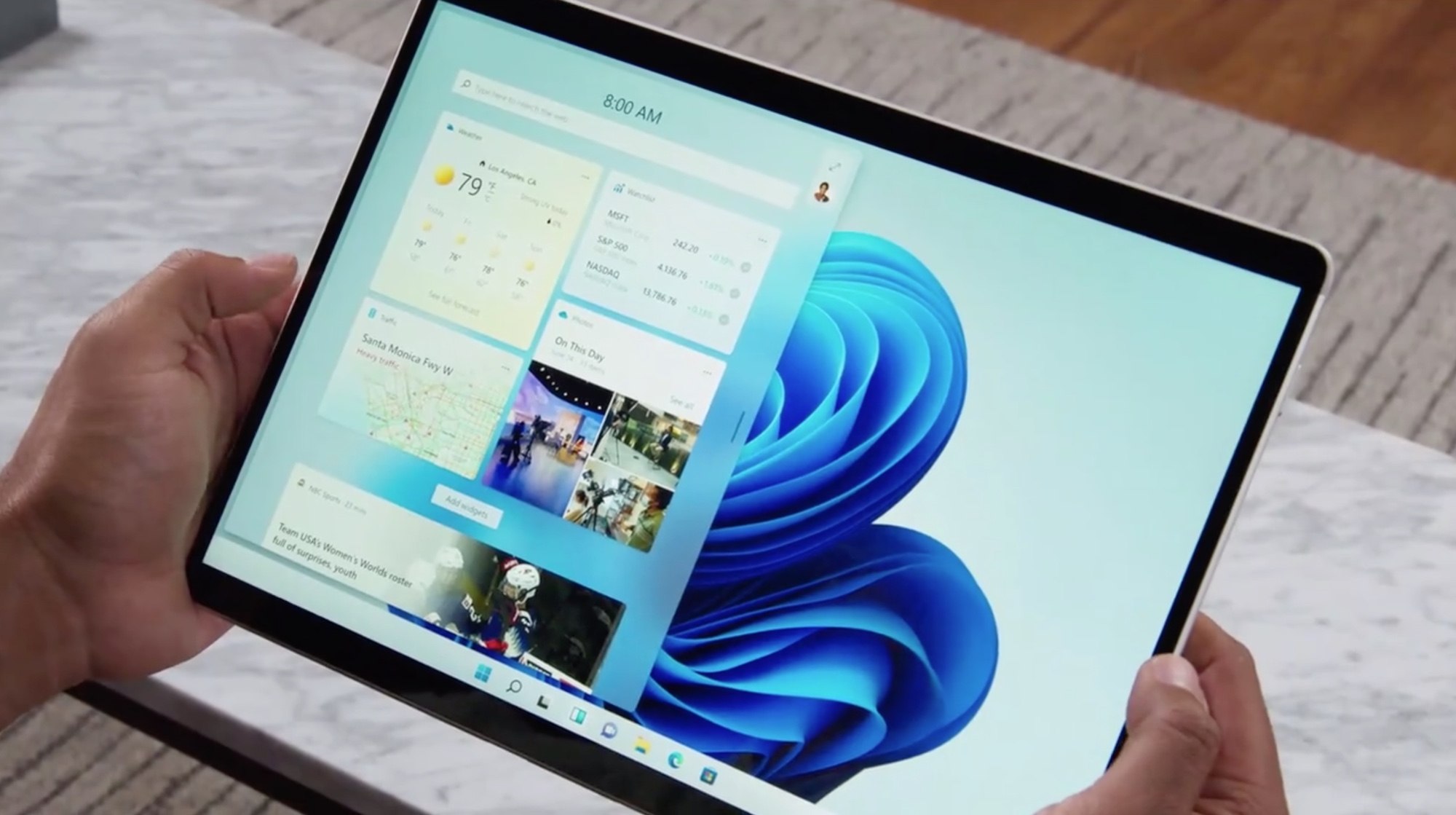
With Windows 10 seeing its final days in October next year, Microsoft is really recommending users upgrade to Windows 11 — unless their PC doesn't have a TPM 2.0 chip. However, you can still run the latest version of Windows on unsupported PCs.
Microsoft updated its support page to warn users not to run Windows 11 on an unsupported PC, but the company also has official instructions on installing the operating system on devices that don't meet minimum requirements. Generally, that means PCs with a TPM 2.0 chip — a security chip required for Windows 11.
While the support page states there "might be malfunctions" and these incompatible devices "aren't guaranteed to receive updates," Windows 11 can still be officially installed and run on PCs.
"Installing Windows 11 on a device that doesn't meet Windows 11 minimum system requirements isn't recommended," Microsoft says. "If Windows 11 is installed on ineligible hardware, you should be comfortable assuming the risk of running into compatibility issues."
For those using Windows 10 and looking to upgrade, you can check if your device is compatible by using the Windows PC Health Check app to check the Windows 11 system requirements. Even if your PC doesn't have the minimum specs, you can still go ahead and install Windows 11.
However, with the risk of damaging your device by running Windows 11, is there much point?
Is installing Windows 11 worth the pain?

We've been hearing about the TPM 2.0 debacle since the launch of Windows 11 in 2021, and in the meantime, we've had hundreds of new laptops pop up on shelves that are ready for Windows 11. It's been a pain to try upgrade from Windows 10 without meeting Windows 11's demanding system requirements, but it may be time to look at getting a PC upgrade instead.
As you'll find in our Windows 11 review, Microsoft's operating system can already be a little trouble for systems that meet requirements. Causing further problems by installing Windows 11 on devices that can't support it will only make things worse.
As Microsoft points out: "If you proceed with installing Windows 11, your PC will no longer be supported and won't be entitled to receive updates. Damages to your PC due to lack of compatibility aren't covered under the manufacturer warranty."
That isn't ideal. If your PC is damaged in the process of upgrading to Windows 11, or you are hit with malware due to Microsoft not offering security updates, then that's wasted effort.
Windows 10 is set to officially end in October 2025, giving those with devices that don't meet minimum requirements for Windows 11 a year before either forcing Windows 11 on their PC or upgrading their device to one that supports TPM 2.0. For my vote, I recommend the latter, as I wouldn't want to deal with even more disruptions Windows has to offer.
There are plenty of options around, including the rumored 2025 Microsoft Surface lineup that recently leaked. For the very best of the lot, including some bargain choices, look no further than the best laptops today.







